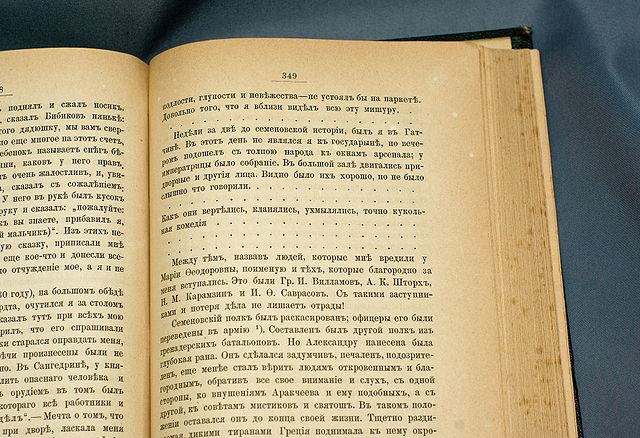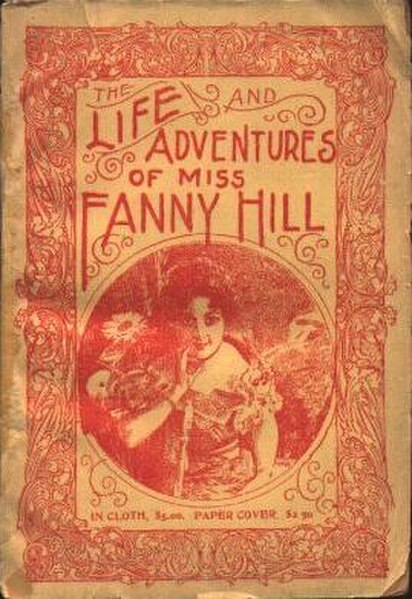Censorship is the suppression of speech, public communication, or other information. This may be done on the basis that such material is considered objectionable, harmful, sensitive, or "inconvenient". Censorship can be conducted by governments, private institutions, and other controlling bodies.
Chinese troops destroyed the statue Goddess of Democracy in Tiananmen Square in 1989, and continue to censor information about those events. This statue, now known as the Victims of Communism Memorial, was recreated by Thomas Marsh in Washington, DC.
Book burning in Chile following the 1973 coup that installed the Pinochet regime
The daily newspaper of Wrocław, Polish People's Republic, March 20–21, 1981, with censor intervention on first and last pages – under the headlines "Co się zdarzyło w Bydgoszczy?" (What happened in Bydgoszcz?) and "Pogotowie strajkowe w całym kraju" (Country-wide strike alert). The censor had removed a section regarding the strike alert; hence the workers in the printing house blanked out an official propaganda section. The right-hand page also includes a hand-written confirmation of that decision by the local
Historic Russian censorship. Book Notes of my life by N.I. Grech, published in St. Petersburg 1886 by A.S. Suvorin. The censored text was replaced by dots.
An obscenity is any utterance or act that strongly offends the prevalent morality of the time. It is derived from the Latin obscēnus, obscaenus, "boding ill; disgusting; indecent", of uncertain etymology. Generally, the term can be used to indicate strong moral repugnance and outrage in expressions such as "obscene profits" and "the obscenity of war". As a legal term, it usually refers to descriptions and depictions of people engaged in sexual and excretory activity.
Cover of an undated American edition of Fanny Hill, c. 1910
The 18th century book Fanny Hill has been subject to obscenity trials at various times (image: plate XI: The bathing party; La baignade)






